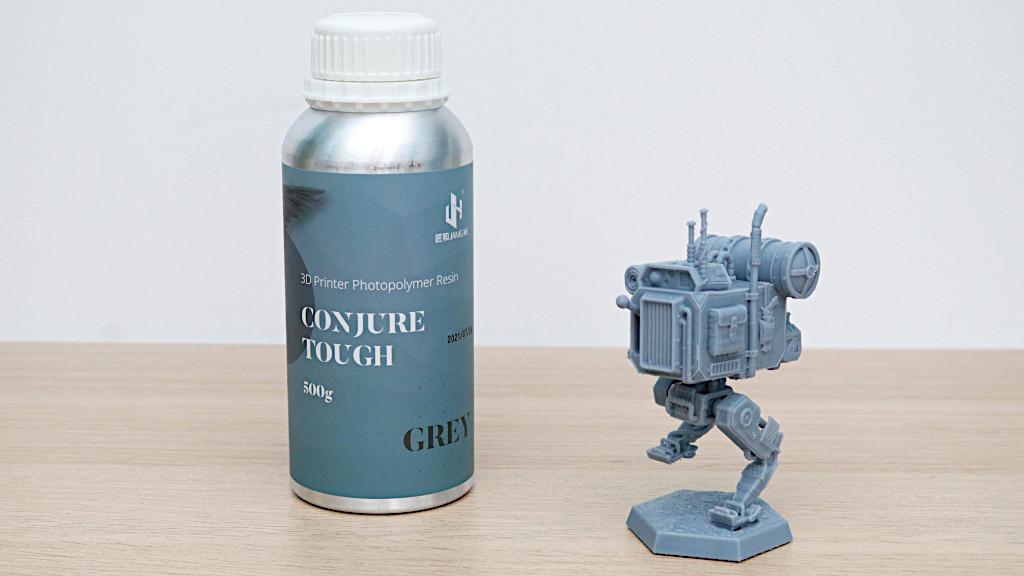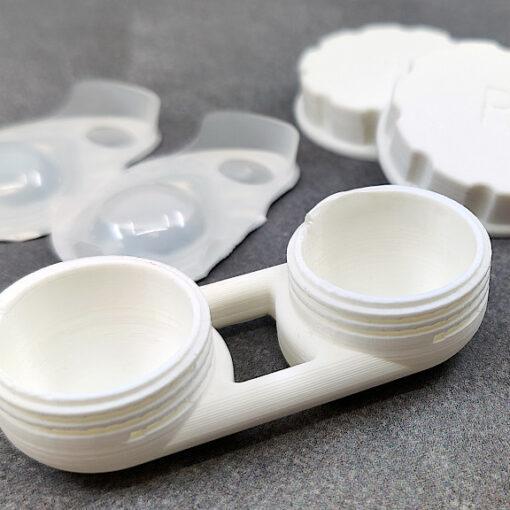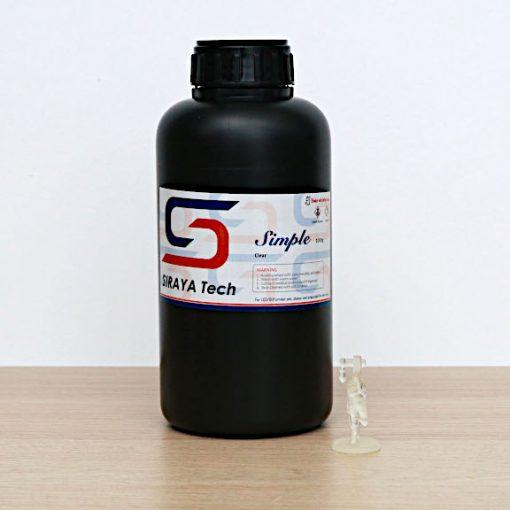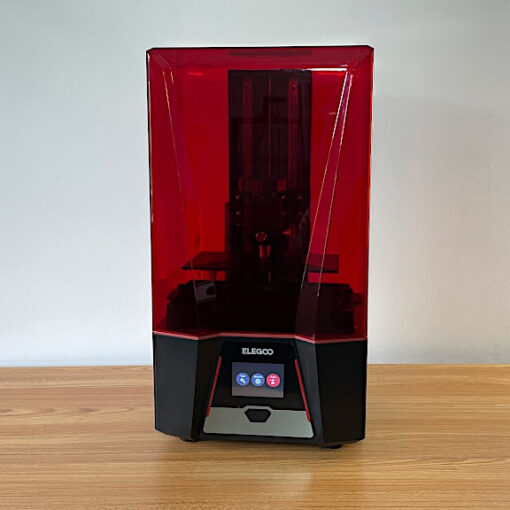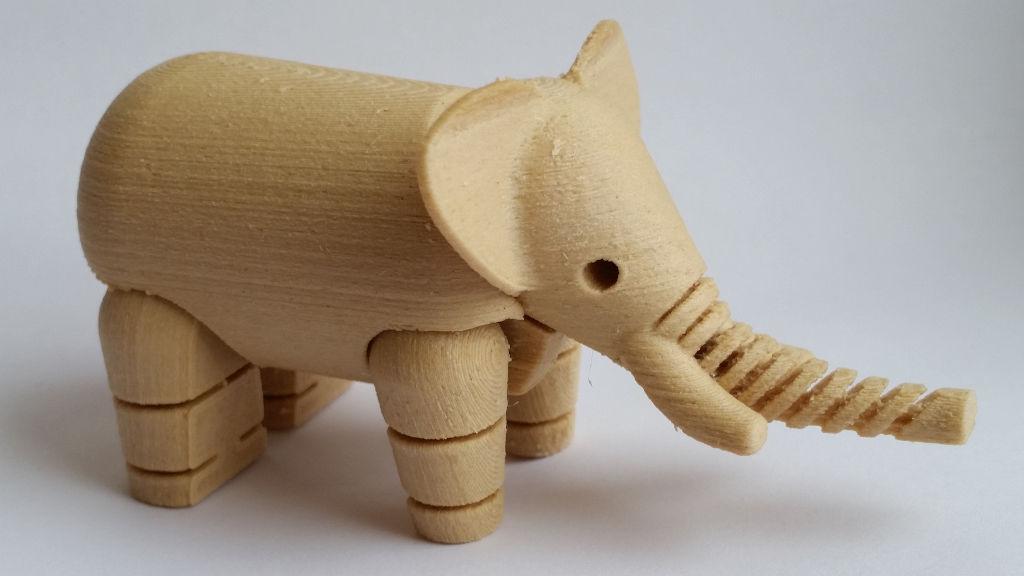Primarily known for their ChituBox slicer software, ChituSystems has recently released a series of resins under the brand name Conjure. This resin is manufactured by JAMG HE, a resin manufacturing company that claims to have been developing photopolymer resins since 2001. Let’s look at the difference between Conjure rigid, tough, and sculpt resins, print some of the models, and play with the exposure time settings.
General Specifications & Recommendations
Shore Hardness: 75-85D
Shake well before use
Recommended temperature 25°C – 30°C
Exposure time: 4.5-5s (3s)
Bottom exporsure time:50s
Bottom layers: 5
Price: $39+
Product affiliate links:
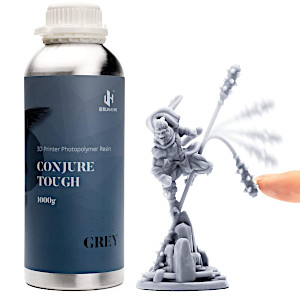
Rigid, Tough, and Sculpt Resins
Conjure offers three types of resin: Rigid, Tough, and Sculpt. Rigid is primarily used as a general-purpose resin, Tough offers increased mechanical toughness and the ability to deform without breaking, and Sculpt allows users secondary processing for sculptors to continue adding detail to a cured model. Choosing a material tends to be an application-specific process, and the Tough resin is ideal for parts that need to be durable as well as highly-detailed.
Conjure Tough Resin Grey Overview
Conjure has published a full Technical Data Sheet for the Tough Resin, which lists all relevant mechanical properties for this material. Interestingly enough, Conjure lists a Shore hardness of 75D, which is right between the hardness of a shopping cart wheel and a hard hat and not a shore hardness I would associate with “properties similar to rubber”, which is listed on their page. During testing, I found the material provided a high level of detail on printed models and also gave the models enough mechanical toughness to bend slightly without fracturing or breaking, but I would not use this material as a rubber replacement.
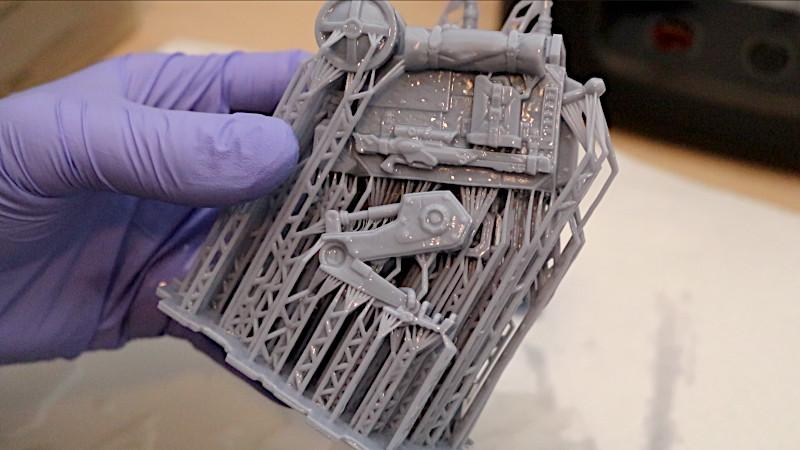
(Photo: Andrew Sink)
5 vs 3 Seconds Exposure Time
Conjure offers a profile for the resin that recommends a 4.5 to 5 second exposure time on a Mono LCD printer, which is towards the higher end for a resin of this type. When resin is overexposed, support structures can be stiff and hard to remove. This can lead to damage on a part in the form of snapped thin features or craters on the surface. I ran several tests with the Conjure Tough Grey and determined a 3 second exposure time was the ideal exposure time on the Elegoo Mars 3, a printer with a Mono LCD. Printing models with a 5 second exposure led to models that had brittle support structures that were clearly overcured.
3D Printed in Conjure Tough Grey Resin
The Cargo Droid model from Loot Studios offers a high level of detail, as well as several thin features that are ideal for testing the flexibility of the Tough resin.
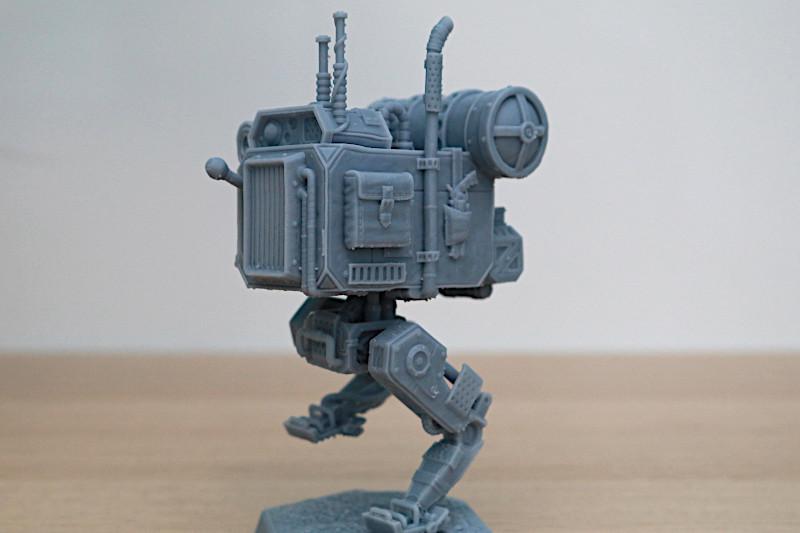
(Photo: Andrew Sink)
I used the resin profile provided by Conjure and made a slight adjustment to the exposure time (from 5 seconds down to 3 seconds per layer), prepared the model in ChituBox Basic (review), and printed the model on an Elegoo Mars 3. Using this profile, I was successful on my first print and easily removed the support structure without damaging the model.
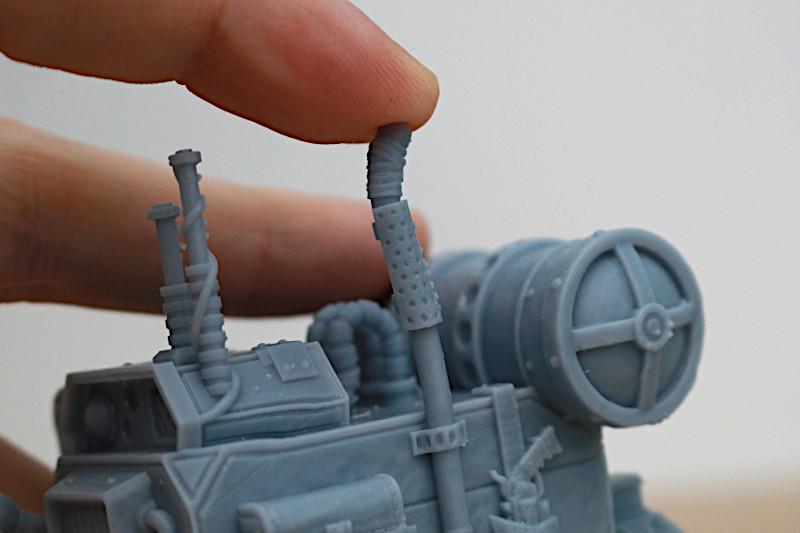
(Photo: Andrew Sink)
One of the key benefits of a “Tough” resin like Conjure Tough is the ability to print models that have a degree of flexibility and material properties that are similar to a thermoplastic like Nylon or ABS. Typical thermoset resins tend to be brittle when cured, so features like snap-fit connectors or flexible hinges aren’t viable to print. The cargo droid model has several thin features, all of which were flexible without feeling brittle, and I was able to bend them back and forth and wasn’t concerned about them snapping off.
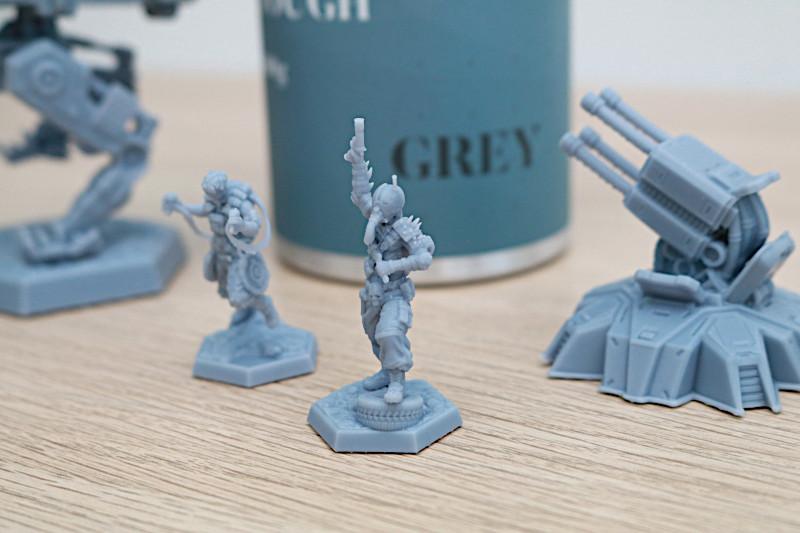
(Photo: Andrew Sink)
Where to Buy
Conjure is currently available directly through ChiTuBox on the official direct store, and is also available on Amazon. Conjure Tough is offered in two sizes: 500 grams and 1000 grams, and in a variety of colors. I used the Grey color, which is a flat, neutral tone that allows detail to show through on models and is easy to photograph.

Conjure describes the Tough resin as having “physical properties similar to rubber”, but I don’t think that’s an accurate description of this material. The Tough resin is a great fit for applications that require a degree of flexibility, but I’m not sure I would use this material as a substitute for rubber or any other elastomeric material. If you’re interested in a material for model-making that needs to have some mechanical toughness as well as the ability to resolve fine detail, the Conjure Tough Resin could be a good fit.
Read more: Anycubic Plant-Based Grey Resin
The Anycubic Plant-Based UV resin is an eco-friendly alternative to most photopolymer resins on the market that is aimed at anyone interested in low-odor, eco-friendly resin 3D printing.

